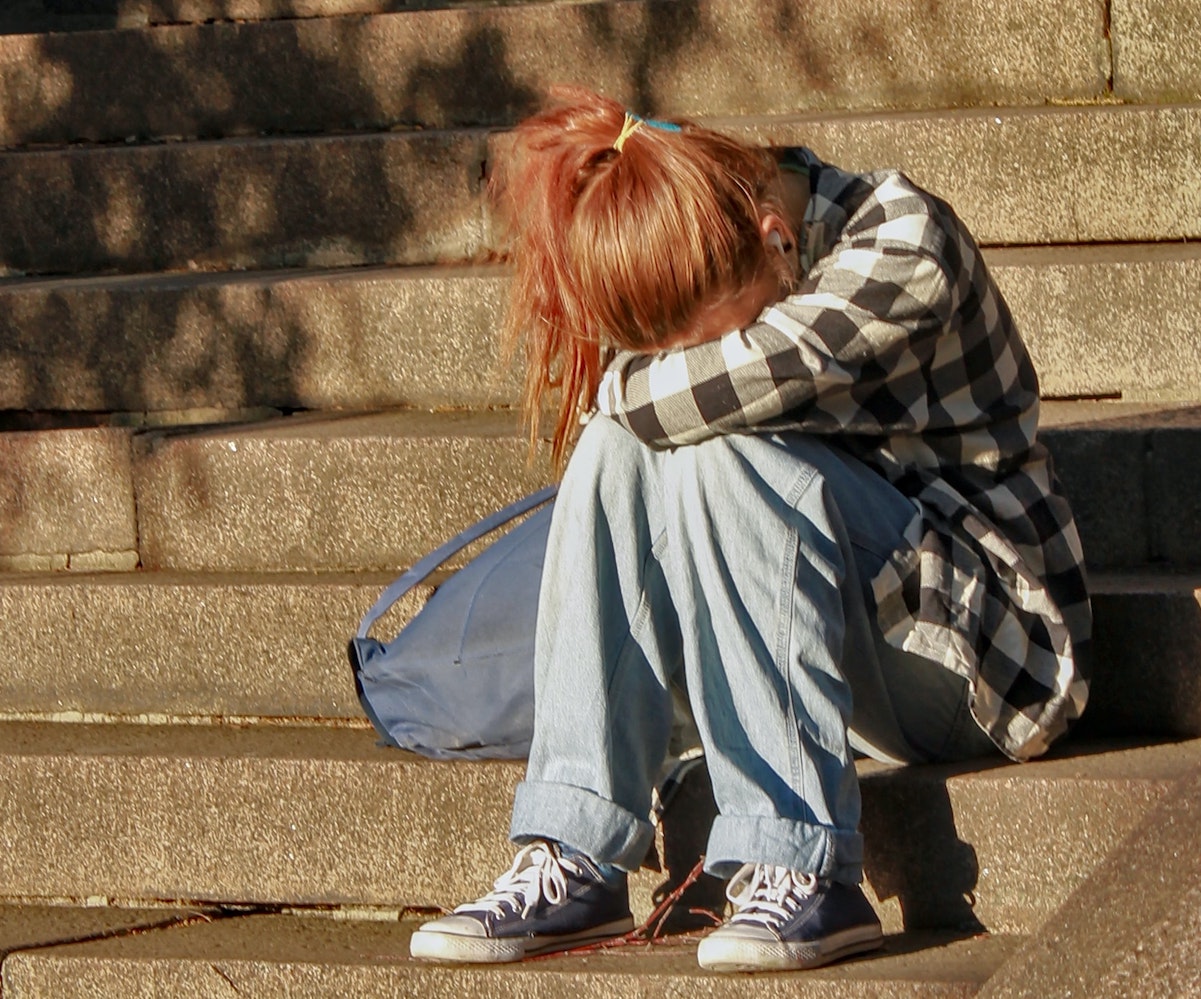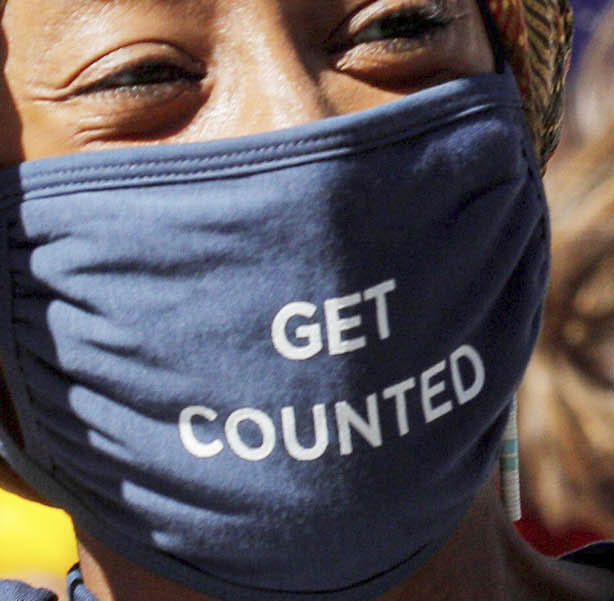
Resource Library
Good decisions require good data and information. Search the Resource Library for data and policy products on population, health, and environment issues. Browse collections, explore policy briefs, watch videos, and put the data in context.

How Many People in the United States Are Experiencing Homelessness?
(2020) The economic effects of the coronavirus pandemic in the United States include an unemployment rate higher than at any time in the country’s history—including the Great Depression. As an unprecedented number of Americans struggle with job loss, many of them may lose their homes. Many others may lose their homes due to natural disasters or other crises.

Disasters Raise Risk of a Homeless Undercount in 2020 Census
The 2020 Census count of people experiencing homelessness takes place in the middle of peak wildfire and hurricane seasons—and the coronavirus pandemic—making a complicated process even more challenging.

Coronavirus and the 2020 Census: Where Should College Students Be Counted?
(2020) Census operations are changing in response to the coronavirus pandemic. The U.S. Census Bureau announced on June 18, 2020, that it is reaching out to colleges and universities with significant off-campus student populations to help ensure they are counted in the right place in the 2020 Census.

Project: Center for Public Information on Population Research (CPIPR)
Disadvantage for Black Families Compounded by Economic Circumstances of Kin
Race may be a social construct but it’s one with consequences that may span generations. While both Black and white families can experience upward or downward wealth mobility from one generation to the next, studies show the dramatic socioeconomic disadvantages for Black families have persisted across generations.

Oldest Areas May Be Hardest Hit: The Importance of Age Structure in Understanding Mortality During the Coronavirus Pandemic
Evidence to date suggests that deaths among people who have tested positive for the coronavirus are highest at older ages and near zero for young children.





